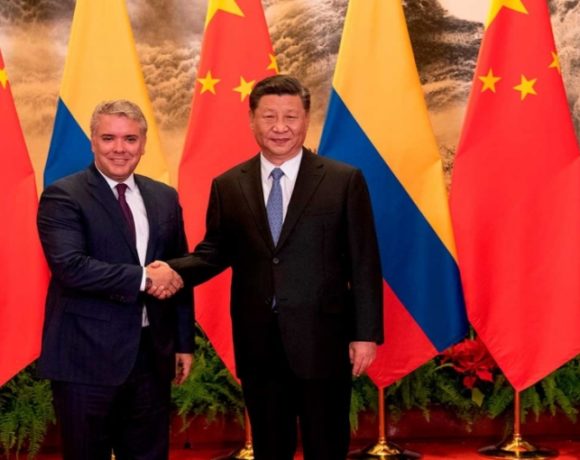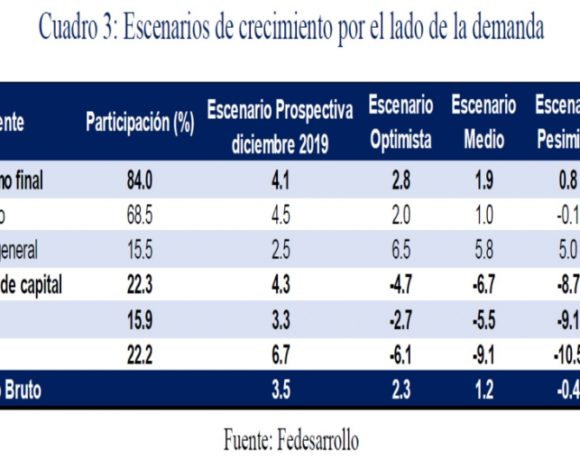USAID, NGO Team-up on Helping Colombia’s Small Farmers

The US Agency for International Development (USAID) and non-governmental organization (NGO) “Acumen” jointly announced October 5 the launch of an “Investing for Peace” initiative that aims to help promote private investment and creation of economic opportunities in poorer, rural areas of Colombia.
The fund will have an initial capital of US$4 million and will be managed by Acumen, an NGO that specializes in jump-starting early-stage economic initiatives that aim to help poorer populations.
Among Acumen’s financial donors is Fundacion Bolivar Davivienda, the charitable foundation of Colombian banking giant Davivienda.
The new USAID-Acumen initiative aims to leverage an additional US$4 million from third-party private investors. The project would directly benefit about 1,500 families in municipalities affected by the long-running narco-terrorist wars in certain areas of Colombia.
One of Acumen’s existing projects in Colombia is “Siembra Viva,” which connects smallholder organic farm producers in Colombia to customers in cities through a novel logistics and e-commerce platform, according to Acumen.
This project, which started in 2014 with US$400,000 in seed funding, “eliminates the inefficiencies in the supply chain as well as the prohibitive costs of transporting produce,” according to the NGO.
Siembra Viva “also provides support and assistance to allow farmers to switch from growing commodities to value-added organic products. Additionally, it provides services such as informing farmers when to plant and when to harvest based on demand projections and guarantees produce purchase at a pre-determined, premium price. This reduces wastage from 30% to 50% and guarantees farmers an income,” according to the NGO.
This project aims to integrate 370 farming families into the program over the next five years.
“By tackling problems at every part of the supply chain, and migrating smallholder farmers from low-earning crops to premium organic fruits and vegetables, [Siembra Viva] projects that incomes will increase by 160% while also improving income stability. The organic practices will also prevent the use of chemical fertilizers, positively impacting the environment in the long-run.”
From Coca to Cacao
On a related front, USAID recently provided an update on one of its projects that helps poor Colombian farmers to switch from illegal coca production or illegal mining to legal cacao (cocoa) production.
This project directly links the cocoa farmers to one of Colombia’s biggest chocolate manufacturers, the Medellin-based Grupo Nutresa (formerly “Nacional de Chocolates”).
A video (in Spanish) helps explain the rationale and benefits to this project.
“The mines and coca fields are alluring options for those looking for fast cash,” according to USAID’s summary of the project. “But they are also fraught with peril. Those who [plant and harvest] coca are beholden to ruthless narco-traffickers on one hand, and persecuted by the authorities on the other.”
While cacao has been a traditional crop in many areas in Colombia — including coca-growing areas — much of the profit from cacao sales historically has gone to middlemen rather than farmers, according to USAID. But thanks to the new program directly linking producers to manufacturers, cacao farmer income has improved, according to the agency.
“USAID’s cacao program is helping 1,900 families in Colombia’s northwest coca belt earn a steady income from cacao by connecting them to the chocolate industry,” according to the agency.
“A sister program helps 2,300 families in Colombia’s southwest. Over the last 10 years, USAID’s cacao activities have helped more than 21,000 farmers by providing them stable, viable options to earn a living.”
















